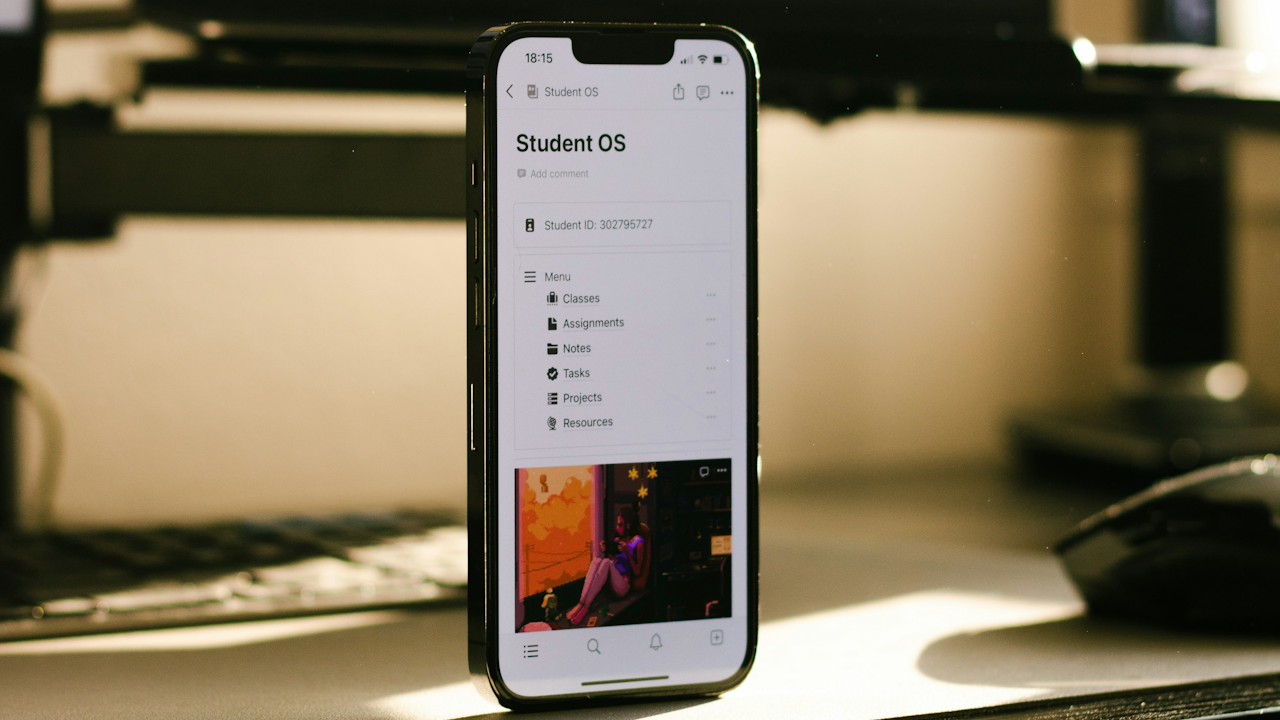Navigating the labyrinthine world of academia demands a delicate balance between rigorous study, social engagement, and personal well-being. For college students, the pursuit of academic excellence can often feel like a Herculean task, fraught with deadlines, exams, and the constant pressure to perform. However, with a strategic approach and a toolbox of effective productivity hacks, students can not only survive but thrive in this demanding environment. One of the most fundamental principles is the mastery of time management. Rather than viewing time as an abstract concept, students should treat it as a finite and valuable resource. This necessitates the creation of a detailed schedule, not just for academic commitments, but also for personal activities, ensuring a healthy work-life balance. Employing time-blocking techniques, where specific time slots are allocated for particular tasks, can significantly enhance focus and prevent procrastination. Digital calendars and scheduling apps can be invaluable tools in this endeavor, allowing for seamless organization and timely reminders.
Beyond simply scheduling time, the quality of study sessions is paramount. The Pomodoro Technique, which involves working in focused 25-minute intervals followed by short breaks, has proven highly effective in maintaining concentration and preventing burnout. This method encourages students to break down large tasks into manageable segments, fostering a sense of accomplishment and reducing the overwhelming feeling often associated with extensive assignments. Creating a dedicated study space, free from distractions, is also crucial. This space should be optimized for concentration, with minimal interruptions from social media, television, or other sources of noise. Noise-canceling headphones, ambient noise generators, or even a simple “do not disturb” sign can significantly improve focus.
Effective note-taking and information retention are also critical components of academic success. Active recall, a study technique that involves retrieving information from memory rather than passively reviewing notes, has been shown to be far more effective than traditional methods. Flashcards, self-testing, and explaining concepts to others are all examples of active recall strategies. Furthermore, mind mapping, a visual note-taking technique that organizes information hierarchically, can enhance comprehension and retention by creating meaningful connections between concepts. Utilizing digital note-taking applications that offer features like tagging, search functionality, and cloud synchronization can further streamline this process.
Physical and mental well-being are inextricably linked to academic performance. Prioritizing sleep, nutrition, and exercise is essential for maintaining optimal cognitive function. Aiming for seven to nine hours of quality sleep each night can significantly improve concentration, memory, and overall mood. A balanced diet, rich in fruits, vegetables, and whole grains, provides the necessary energy and nutrients for sustained focus. Regular exercise, even in small increments, can reduce stress, improve mood, and enhance cognitive function. Incorporating mindfulness practices, such as meditation or deep breathing exercises, can also help manage stress and cultivate a sense of calm amidst the academic pressures.
Collaboration and networking can also play a pivotal role in academic success. Forming study groups, participating in class discussions, and seeking guidance from professors and teaching assistants can provide valuable insights and support. Leveraging campus resources, such as libraries, writing centers, and tutoring services, can further enhance learning and academic performance. Building a strong network of peers and mentors can also open doors to future opportunities and collaborations.
Finally, embracing a growth mindset, characterized by a belief in one’s ability to learn and improve, is crucial for long-term academic success. Viewing challenges as opportunities for growth, rather than insurmountable obstacles, can foster resilience and perseverance. Celebrating small victories and acknowledging progress, no matter how incremental, can maintain motivation and build confidence. By implementing these productivity hacks, college students can not only navigate the academic landscape with greater efficiency and effectiveness, but also cultivate a sense of balance and well-being that extends beyond the classroom.


